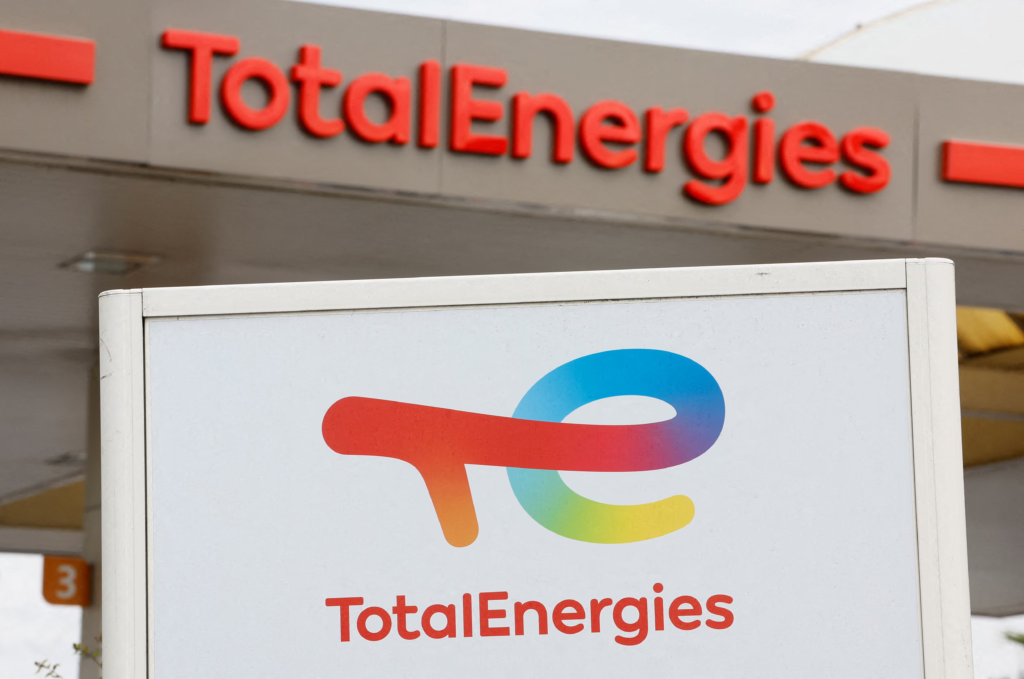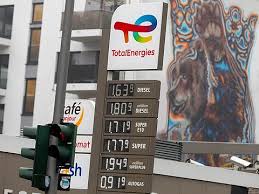In a significant move towards sustainable energy, Qatar and France have joined forces to develop a solar power plant in Iraq. This collaboration aims to address the country’s ongoing electricity shortages and reduce its dependence on fossil fuels.
Background of the Project
The partnership between QatarEnergy and France’s TotalEnergies focuses on the construction of a 1.25-gigawatt (GW) solar power plant in the Basra region of southern Iraq. The project is part of Iraq’s broader $27 billion Gas Growth Integrated Project (GGIP), which seeks to enhance the nation’s energy infrastructure through a combination of renewable and conventional energy sources.
Objectives of the Solar Power Plant
The primary objectives of the solar power plant are:
- Increase Renewable Energy Capacity: By adding 1.25 GW of solar energy, the project will significantly boost Iraq’s renewable energy capacity.
- Reduce Electricity Shortages: The plant aims to alleviate the persistent electricity shortages that have affected Iraq for years.
- Lower Carbon Emissions: Utilizing solar energy will help reduce the country’s carbon footprint and contribute to global climate change mitigation efforts.
- Enhance Energy Security: The project will decrease Iraq’s reliance on imported energy sources, strengthening its energy security.
Technical Specifications
The solar power plant will be equipped with advanced technology to maximize efficiency:
- Bifacial Solar Panels: These panels capture sunlight on both sides, increasing energy production.
- Single-Axis Trackers: These devices allow the panels to follow the sun’s movement, optimizing energy capture throughout the day.
- Capacity and Coverage: The plant is expected to generate enough electricity to power approximately 350,000 homes in the Basra region.
Economic and Environmental Impact
The development of the solar power plant is expected to have several positive impacts:
- Job Creation: The construction and operation of the plant will create numerous jobs, contributing to the local economy.
- Investment in Infrastructure: The project will lead to improvements in energy infrastructure, benefiting other sectors as well.
- Environmental Benefits: By reducing the use of fossil fuels, the plant will help lower greenhouse gas emissions and combat climate change.

Strategic Importance of the Qatar-France Solar Partnership in Iraq
The Qatar-France solar power plant in Iraq is not only a major energy project but also a strategic partnership with long-term regional implications. By combining Qatar’s expertise in energy development with France’s technological innovation in renewable power, this project reflects a collaborative approach to solving one of Iraq’s most pressing challenges: energy scarcity. Iraq has faced persistent electricity shortages due to outdated infrastructure, high reliance on gas and oil, and rising domestic demand. The introduction of large-scale solar energy can transform the country’s energy landscape, reducing pressure on traditional power sources and providing more reliable electricity to citizens.
Boost to Iraq’s Renewable Energy Vision
The project aligns with Iraq’s broader ambitions to diversify its energy portfolio. The government has increasingly emphasized renewable energy as part of national policy to combat climate change and promote sustainable development. Solar power offers a clean, affordable, and abundant solution in a country blessed with high levels of sunlight year-round. In addition to generating electricity, the plant will foster technology transfer, allowing Iraq to gain experience in advanced solar engineering, project management, and maintenance practices.
Socio-Economic Benefits
Beyond energy production, the solar power plant is expected to have wide-ranging social and economic benefits. The construction phase will create hundreds of temporary jobs, while ongoing operations will generate long-term employment opportunities in technical and administrative roles. Local communities around Basra are expected to see improved infrastructure, including roads, communication networks, and local power distribution, boosting overall regional development. Moreover, access to stable electricity can enable small businesses, schools, and healthcare facilities to operate more efficiently, positively impacting the quality of life for thousands of residents.
Environmental and Climate Impact
The environmental impact of this project is significant. Iraq, like many countries in the Middle East, faces increasing environmental challenges, including rising temperatures and water scarcity. By replacing a portion of fossil fuel-based electricity with solar power, carbon emissions will decrease considerably, contributing to Iraq’s commitment to international climate goals. Additionally, the project demonstrates how regional cooperation can promote sustainable development while addressing both economic and environmental needs.
Looking Ahead
The Qatar-France solar power plant in Iraq is more than an infrastructure project; it is a symbol of how strategic partnerships can drive renewable energy adoption, socio-economic growth, and environmental sustainability in the Middle East. Its success could inspire similar collaborations across the region, demonstrating the potential of combining international expertise with local resources for a cleaner and more sustainable future.
Challenges and Considerations
While the project holds promise, there are several challenges to consider:
- Security Concerns: The Basra region has experienced instability in the past, which could pose risks to the project’s development.
- Infrastructure Limitations: Existing energy infrastructure may need upgrades to accommodate the additional power generated by the solar plant.
- Financial Sustainability: Ensuring the long-term financial viability of the project will require careful planning and management.
Future Prospects
The collaboration between Qatar and France marks a significant step towards diversifying Iraq’s energy sources. If successful, the solar power plant could serve as a model for similar projects in other regions, promoting the adoption of renewable energy across the Middle East.
Do follow us : Instagram
Instagram: Ramadan Kareem Explained: Understanding This Sacred Greeting



